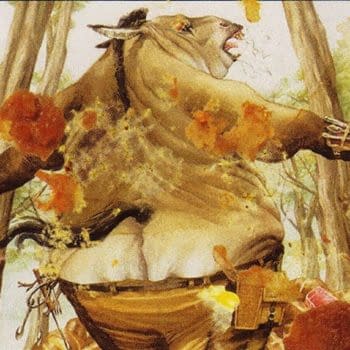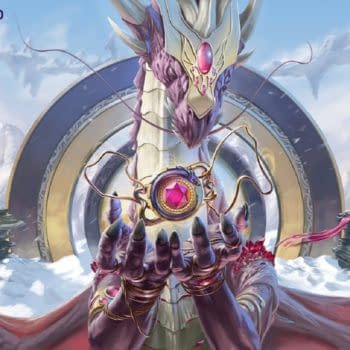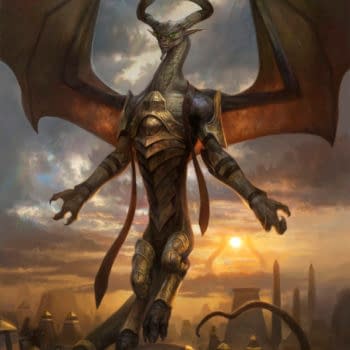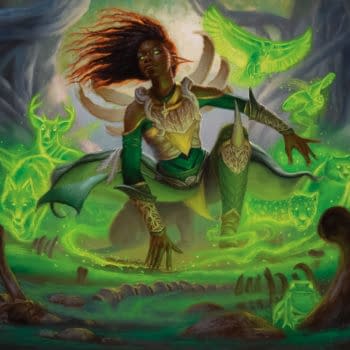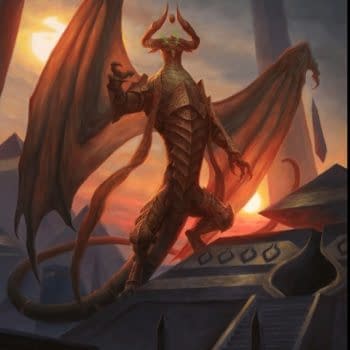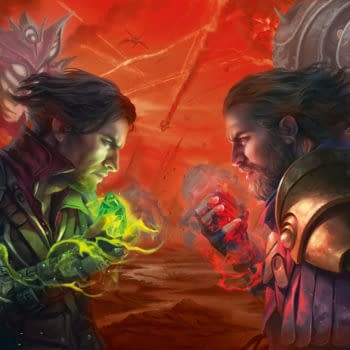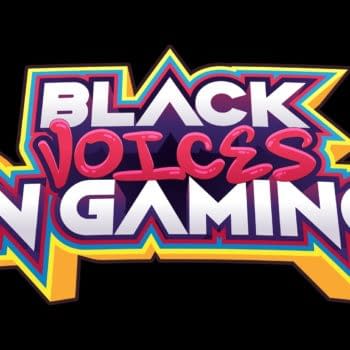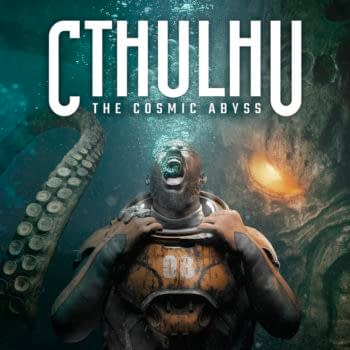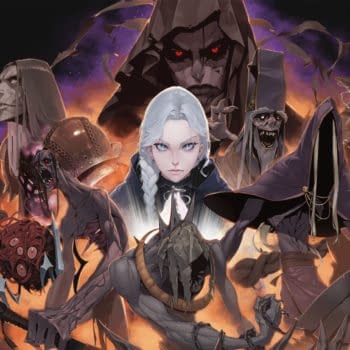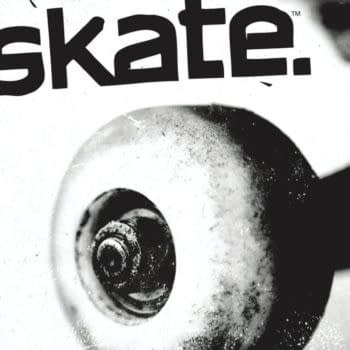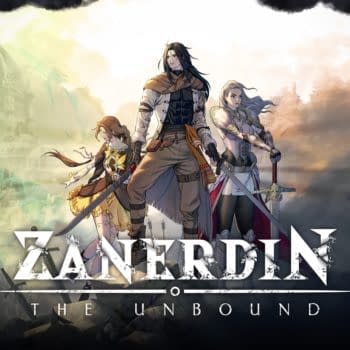Posted in: Card Games, Games, Magic: The Gathering, Tabletop, Wizards of the Coast | Tagged: comic stores, magic, MTG, WotC
Magic Matters: In Rebuttal To "The Collectible Cards Greed Factor"
Magic: The Gathering has always been a game that divides people just as much as it gathers them. This is very true in player-to-player interactions, but Bleeding Cool writer Rod Lamberti has shown us in his recent op-ed what this division looks like from the perspective of a comic store owner. And while Rod raises some interesting (and, if we're being honest, quite valid!) points that are tough for someone not in his shoes to refute, there are some things that I can say to set records a bit more straight.
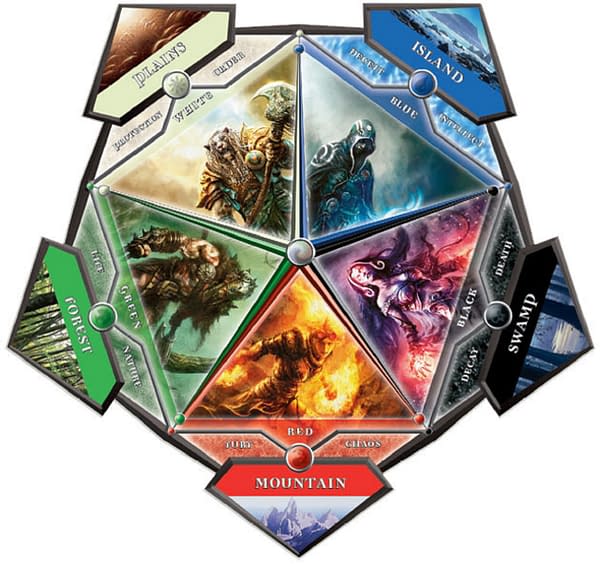
To begin, let me first state that I am not anything more than an enthusiast of the game. I don't own any properties that profess to sell Magic: The Gathering product. I'm simply a lover of the game. So, there are a few things I may inevitably be missing here that Rod has gotten right.
When Rod mentions that big-box stores like Target and Wal-Mart still carry Magic and Pokémon Trading Card Game merchandise, this was news that we here at Bleeding Cool covered in real-time. This is absolutely nothing new. I covered this literally months ago. It's not a developing story or anything like that. Hell, even the New York Times cited us as having covered this. But it isn't an excuse for local comic or game stores to shift what they may perceive as a burden onto those stores. Pokemon is still in extremely short supply to these bigger stores, and oftentimes, so is Magic product.
The MSRP issue is even older than that short supply of cards from earlier this year. In 2019, Wizards of the Coast announced the end of the MSRP for Magic cards. We as players lamented this for a good many reasons, including the worries that stores would mark the game up to a ludicrous degree (anxieties that had in fact come true in some places!), leading to inflation in the singles market.
Rod, do you sell single cards at your store? Because if you don't, that would explain in part the fact that "casual Magic players have always spent far more with [you] than die-hard Magic gamers." Most enfranchised Magic players understand the importance of the singles market, thanks to the gospel truths preached by influencers in the community such as Brian Lewis, also known as The Professor, who runs the Tolarian Community College YouTube channel. It isn't greed that dictates why not a lot of enfranchised players buy at your store.
While we're on the topic of casual-vs-competitive players, you say you don't sell "Theme Decks" for the game anymore. Theme decks proper were discontinued in 2008 with the Shards of Alara set, where they were changed in name to "Intro Decks", which were, in turn, discontinued years later for Planeswalker Decks. Along the way, other kinds of decks were introduced, including preconstructed Commander decks. If you've paid attention to the content I put out, I always seem to get into the fact that Commander is the most popular format in Magic: The Gathering, bar none. Do you not sell those either? The truth is also that Commander isn't a competitive format, in spirit anyway (there are outliers in every format, but being that Commander is the most played format, you ought to keep that in mind).
You speak on Magic pre-COVID. What about Wizards of the Coast's efforts to keep local game stores thriving and supported post-COVID, in the world we are living in now? They are making great strides to attempt to sway players to go and buy local, with promotions and other factors driving this for those players.
Finally, I agree that monetizing open play for any game is a decent thing to do for the typical LGS, be it for Magic, X-Wing, Heroclix, or any other game. As long as you aren't driving prices to play through the roof, I hope players are willing to patronize your establishment. But calling your players (of any game) "greedy" isn't a good look, especially when distributors aren't charging retail for their wares to store owners who are marking those items' prices up.
In short, Rod Lamberti has some opinions about this matter, and I recommend looking at his side of things before forming an opinion, but just as much as he says it's a two-way street, he needs to see that it actually is such, and it's actually the players who get the shortest end of the stick here.
But what do you think, dear readers? Does Rod have it right? Is the typical Magic: The Gathering consumer greedy for wanting things to better resemble the MSRP of two years ago, or are there some flaws in his logic? Let us know in the comments below!


